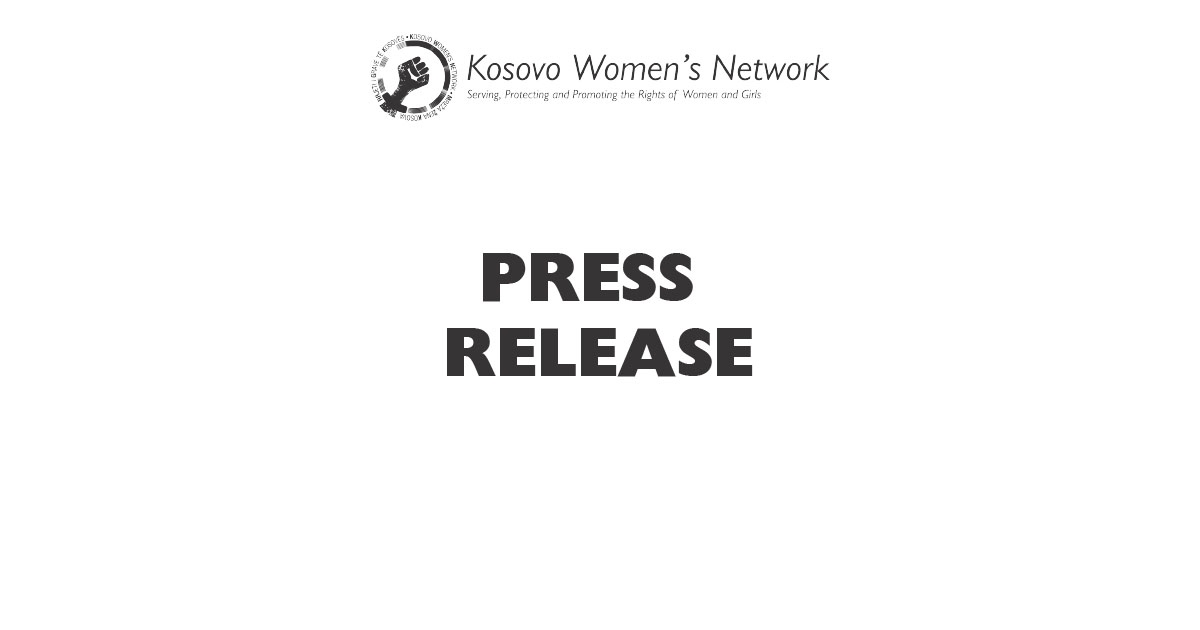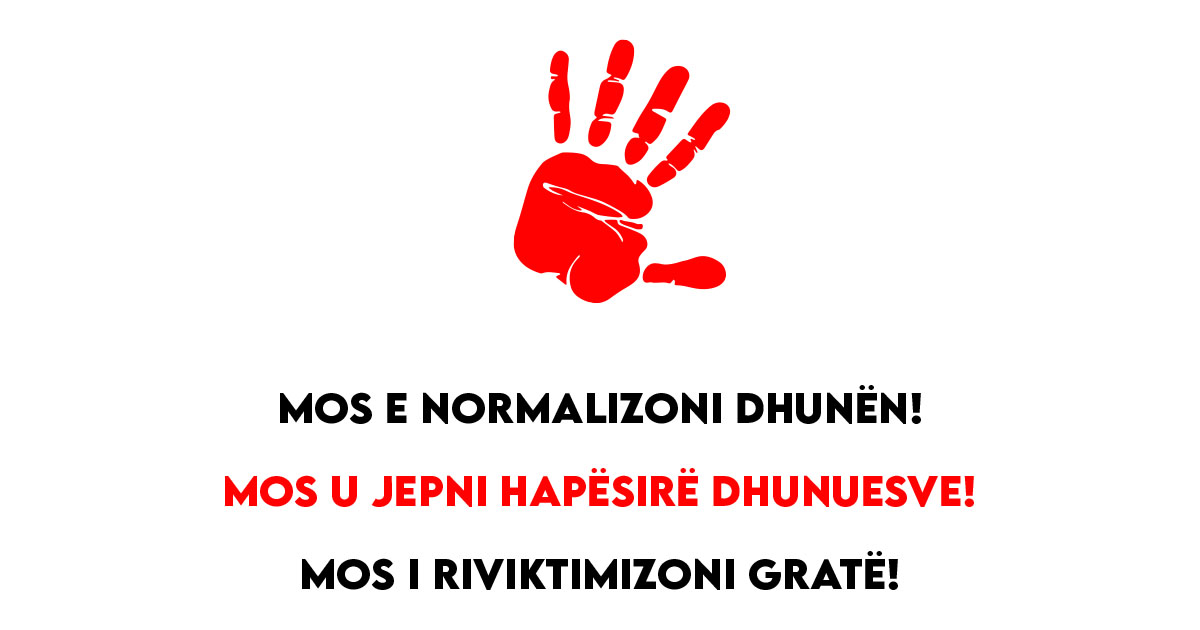Download File
On Jul. 1, the Kosova Women’s Network (KWN) will present key findings and recommendations from its newest report: Budgeting for Social Welfare: A Rapid Gender Analysis to Inform Gender Responsive Budgeting in the Ministry of Labour and Social Welfare – the first report of its kind in Kosovo.




